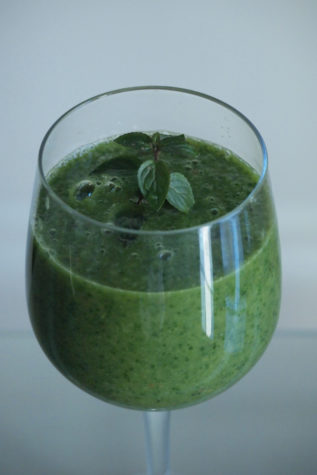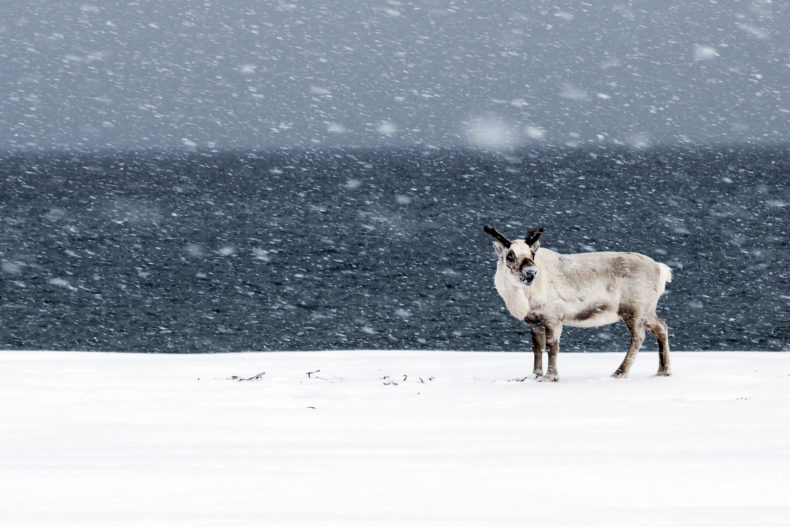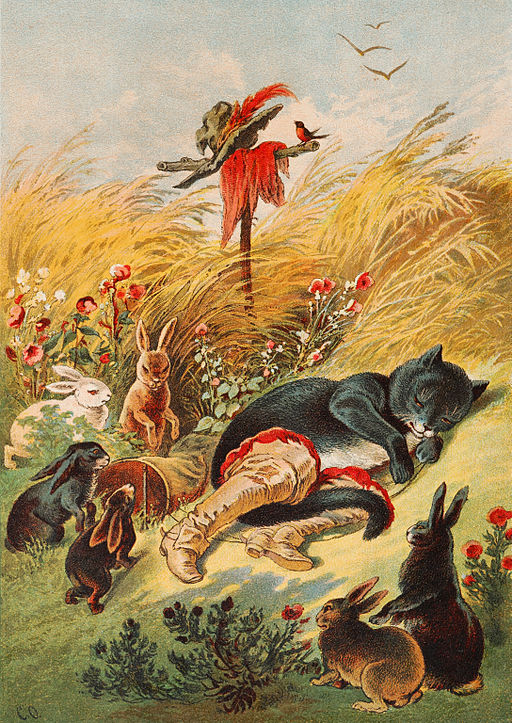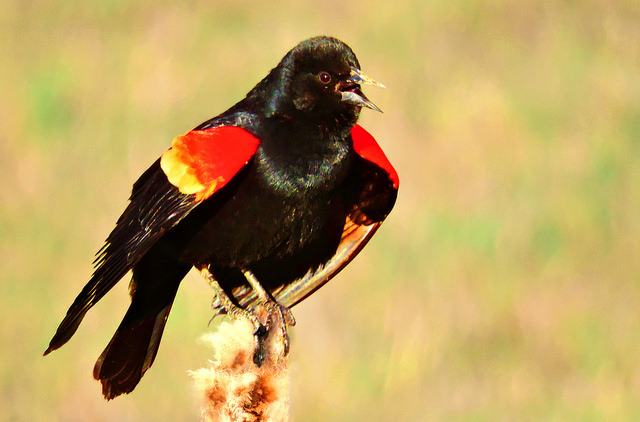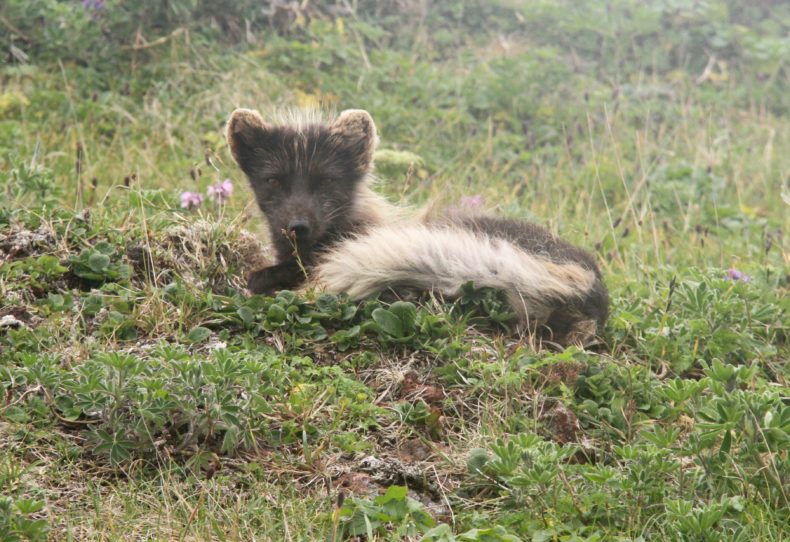A couple of years ago I climbed Flattop Mountain in Rocky Mountain National Park with my dad. I’m back in Colorado this week, again with family, so I thought it was a good time to recall that hike.

The Milky Way hung overhead. The lights from the far-off plains made a faint glow in the eastern sky. I made one last visit to the pit toilet at the edge of the parking lot, put on my day pack, and began to plod.
I was setting out to climb a mountain with my dad. The mountain was Flattop, a 12,324-footer in Rocky Mountain National Park, in Colorado.
My dad claims Rocky Mountain is the best place in the world for day hikes. Now, I happen to think he is right. For one thing, he’s been a lot of places. And his argument makes sense: The park has a long list of trails that offer a short walk to a dramatic cliff face with a gorgeous lake at its foot. He has tested most of these trails personally. His first visit to the park was as a toddler in the mid-1940s. My great-grandfather was a dentist in Kansas who started going out to Colorado for long trips in the 1930s or so and was spending whole summers in Estes Park, just outside the eastern border of the park, by the 1950s.
